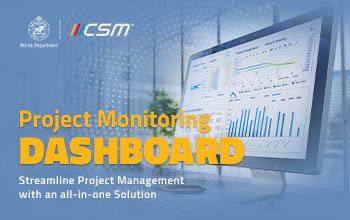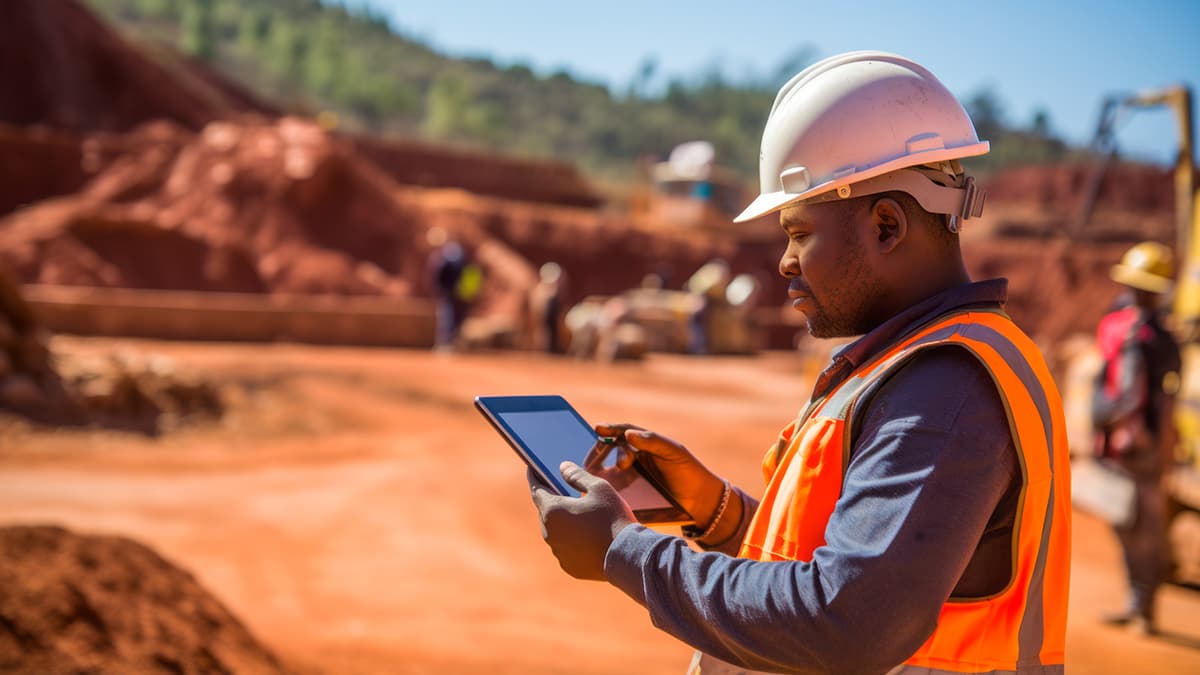.jpg)
As the world rapidly advances into the era of the Fourth Industrial Revolution driven by emerging technologies like artificial intelligence (AI), Africa must position itself to capitalize on the transformative potential AI holds. Embracing AI is crucial for accelerating economic growth, enhancing service delivery, and tackling the continent's most pressing challenges across sectors like healthcare, agriculture, education, and more. By thoughtfully integrating AI solutions, African nations can leapfrog development hurdles and unlock new frontiers of prosperity for their people.
The AI revolution is already underway globally, with pioneering applications being deployed that are reshaping industries and societies. In healthcare, AI-powered diagnostic tools like those developed by Google Health and DeepMind are improving accuracy of disease detection and treatment planning. The agriculture sector is leveraging AI through innovations like Hello Tractor's AI-optimized farm machinery deployment reducing operational costs. And in education, intelligent tutoring systems like Eneza Education's AI-driven mobile learning platform is enhancing access and quality of instruction across Africa.
However, Africa still lags in AI readiness and adoption compared to other regions. According to the World Bank, only 25% of countries in Sub-Saharan Africa have an AI strategy in place as of 2022. The World Economic Forum's Global AI Readiness Index ranks most African nations in the bottom quartile globally in terms of governance, data availability, skills, and infrastructure preparedness for AI rollout. Nonetheless, pockets of excellence in AI development are emerging from tech hubs like Kenya's Silicon Savannah and Nigeria's budding AI ecosystem.
.jpg)
For Africa to holistically harness AI's potential, key interventions are imperative. Firstly, policymakers and leaders must prioritize creating national AI strategies complete with guidance on ethical AI governance, research and innovation incentives, skills development pathways, and infrastructure upgrades. The World Bank and United Nations have developed frameworks and toolkits to assist in this process.
Furthermore, investments in AI education and human capital cultivation are vital. Currently, only around 3 out of every 100 graduates across Sub-Saharan Africa earn a degree in a STEM field, as per UNESCO data - severely constraining the AI talent pipeline. Innovative public-private partnerships for strengthening AI curricula and reskilling workforces, akin to Egypt's Knowledge City AI program and Google's AI Research Center in Ghana, must proliferate.
High-quality, representative data is another critical ingredient. The dearth of relevant African datasets for training robust AI models poses a barrier. Initiatives like the World Bank's Open Data platform and AI for Development windows can facilitate secure, privacy-preserving data collection, curation and sharing. Moreover, bolstering digital infrastructure through investments in high-speed connectivity, cloud computing, and specialized AI compute power should be prioritized in line with the African Union's Digital Transformation Strategy.
Crucially, Africa must take a proactive stance in shaping the future of AI aligned with its values and developmental needs. By leveraging the democratizing potential of AI, home-grown AI solutions addressing hyperlocal challenges can be catalyzed through inclusive innovation ecosystems and strategic public-private collaborations. For instance, South Africa's Cari AI is using machine learning to improve breast cancer diagnosis and survival rates. Rwanda's AI-powered ARCA Robotics is developing cost-effective healthcare solutions using robotics sensors. At CSM, when we work our partners in Governments and multilateral organizations, we leverage advanced stacks of data governance, transformation and storage while enabling our clients to visualize insights.
As a young, rapidly growing population, Africa stands to reap a significant demographic dividend through comprehensive AI adoption - unlocking economic opportunities, enhancing service access and quality, and driving sustainable development. With strategic vision, coordinated action and adequate investments, Africa can establish itself as a global AI trailblazer in the decades to come. The journey starts now by boldly embracing this frontier technology of the future.


























































We will verify and publish your comment soon.